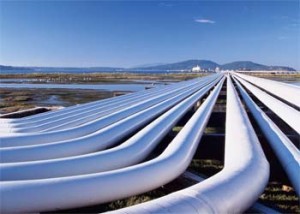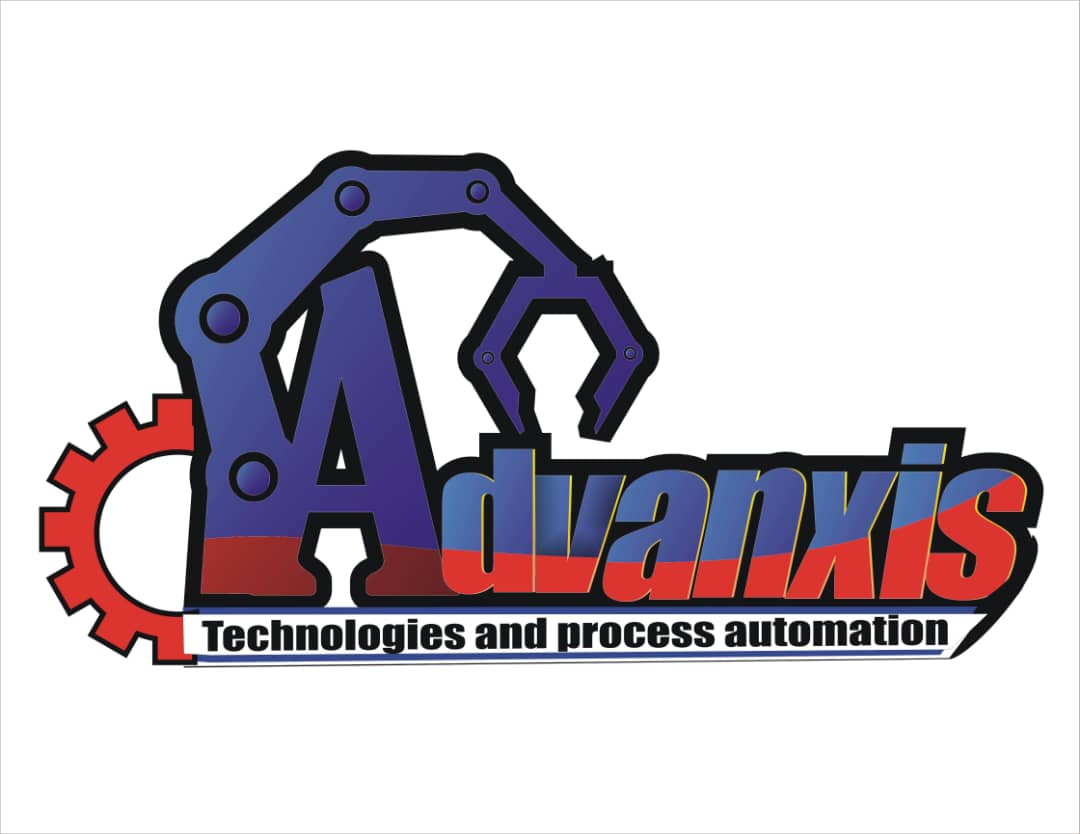
Pipeline Engineering course overview
Course Objectives:
- To provide an overview of the fundamental engineering principles for the design, construction and operation of onshore and offshore energy pipeline transportation systems.
- To address the analytical, physical and numerical modelling techniques used in engineering practice for the design of onshore and offshore pipeline systems.
Module One
- Introduction to Pipeline Engineering
- Basic pipeline concepts and definitions
- Introduction to the stages of a pipeline project
- Description and general requirements of standards, codes and regulations
- Introduction to the principles of pipeline design, construction and installation
- Wall thickness calculation based on different design codes or standards
- Case studies on code selection
Module Two
- Material Selection and Corrosion Control
- The objective of this module is to provide an overview of the material selection process for pipeline fabrication, as well as the method for controlling pipeline corrosion during the pipeline lifecycle.
- Introduction to material science including the properties of steel and other materials used for pipeline fabrication
- Process of pipeline material selection, including code/standard requirements
- Manufacturing process, including welding standards, procedures and non-destructive testing (NDT) techniques for qualifications
- Introduction to corrosion, including definition of the corrosion phenomenon and chemical principles
- Types of internal and external corrosion
- Method to prevent or mitigate corrosion in pipelines
- How corrosion allowance is determined or selected
Module Three
Pipeline Design, Installation and Construction
- This module introduces the participant to the design of onshore and offshore pipelines, the different stages of pipeline construction and the pipeline installation methods.
- Background to different approaches of pipeline design for offshore and onshore
- Introduction to codes, Standards, and Recommended practices
- Introduction to safety and reliability factors
- Introduction to the different pipeline configurations, including pipe-in-pipe, bundles, etc and applications.
- Introduction to flexible pipelines – principles and concepts
- Introduction to hydrodynamics around offshore pipelines, including the definition of the different wave theories: current and prediction of the forces acting on an offshore pipeline
- Stress assessment of pipelines, including definition of stress on pipelines and an introduction to fatigue analysis
- Stages of pipeline construction
- Hydro-testing
- Commissioning operations
- Procurement
- Quality assurance
- Pipeline installation methods for onshore and offshore
Module Four
Pipeline Hydraulics and analysis
Objectives:
- To provide an overview of flow assurance.
- To provide simple tools for assessing single phase flow pipeline hydraulics.
- To provide the participant with the flow/hydraulic principles associated with pipelines.
- Overview of flow assurance
- Introduction to pipeline hydraulics
- Line sizing
- Facilities ( Slug Catchers and Tank farms)
- Thermodynamic principles and flow properties of the different flow transported by pipelines
- Basic flow calculations for gases, liquids and multiphase pipelines
- Problems caused by changes in flow condition during the pipeline’s operations (wax and hydrate formation, etc)
- Case studies on prevention
- Exercise on flow calculations
Module Five
- Pipeline Integrity: Maintenance, Inspection and Risk Assessment
- The objective of this module is to give the participant a review of pipeline integrity assessment, with emphasis on the inspection technologies that are available to detect the defects and anomalies found in pipelines, and monitor the condition of the pipeline.
- Pipeline anomalies and defects
- Introduction to principles and applications of the in-line inspection techniques and existing tools
- Survey methods for onshore and offshore pipelines
- Walking patrol
- Air survey
- Remotely Operated Vehicles (ROV)
- Acoustic
- Diver
- Above-ground monitoring techniques
- Principles and application of NDT techniques used to detect and evaluate pipeline defect and damage
- Preparation of integrity management plans for onshore and offshore pipelines.
Software classes
There will be introduction to the use of the following Softwares
- Microsoft Excel Package
- MathCAD
click here to register for this course
